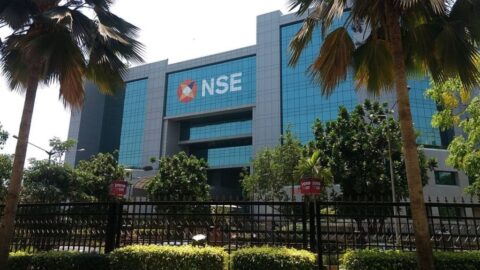Elon Musk’s Starlink will finally find its way into world’s second largest Internet market by users. The SpaceX satellite Internet company has reportedly received a license from India’s Department of Telecommunications (DoT) to offer satellite-based communication services in the country. This license (known as the ‘Global Mobile Personal Communication by Satellite’ aka GMPCS) allows Starlink to provide internet and other satellite communication services (including broadband, voice, and messaging) directly to users across India, reports Bloomberg.
Notably, with this approval, Starlink becomes the third company (after Bharti Airtel-backed OneWeb and Reliance Jio’s satellite division) to get such permission to operate in the Indian market. However, both of those seem far from launch considering both companies themselves signed up with Starlink recently. Airtel and Reliance Jio announced their partnership with SpaceX in March this year to bring Starlink’s high-speed satellite broadband services to India. These partnerships are now waiting for approval from the authorities.
Meanwhile, companies like Amazon’s Kuiper are still waiting for the same.
Starlink’s approval has been long incoming. The company first applied for license back in 2022, wherein the process was delayed due to Indian government concerns about data security and where user information would be stored. At first, the company was not fully on board with India’s strict rules that require all user data to be stored within the country, since the company operates on a global system. But over time, the Musk-led firm agreed to follow these regulations. It will now store Indian user data locally and make sure that any satellite signals covering Indian land and waters are managed through ground stations located within India.
This approval also comes at a time when there is an ongoing debate in India about how satellite spectrum should be given out. Major Indian telecom giants like Reliance Jio and Bharti Airtel want the spectrum to be auctioned, arguing that it would create fair competition. But at the same time, the Indian government seems to prefer giving spectrum through administrative methods, without auctions (which matches what Starlink has been asking for).
Even recently, the Cellular Operators Association of India (COAI) – which represents Jio, Airtel, and other telecom players – reportedly raised strong objections to the government’s proposal to charge satellite internet providers a much lower fee for using spectrum. At the center of the disagreement is a recommendation by the Telecom Regulatory Authority of India (TRAI) to impose only a 4% annual revenue fee on satellite service providers. In a letter sent to the telecom ministry on May 29, COAI argued that this rate is far too low compared to the roughly 21% in fees that traditional telecom operators pay for using spectrum for mobile services. COAI believes that such a low charge would give companies like Elon Musk’s Starlink an unfair edge as they enter the Indian market.
Meanwhile, by using a constellation of small satellites in Low Earth Orbit (LEO), Starlink aims to offer high-speed, low-latency internet services across India, especially in remote and underserved regions. According to initial plans, the company may provide total bandwidth between 600 Gbps and 700 Gbps, with prices likely starting at around ₹850 per month (~ $10).
Content originally published on The Tech Media – Global technology news, latest gadget news and breaking tech news.






